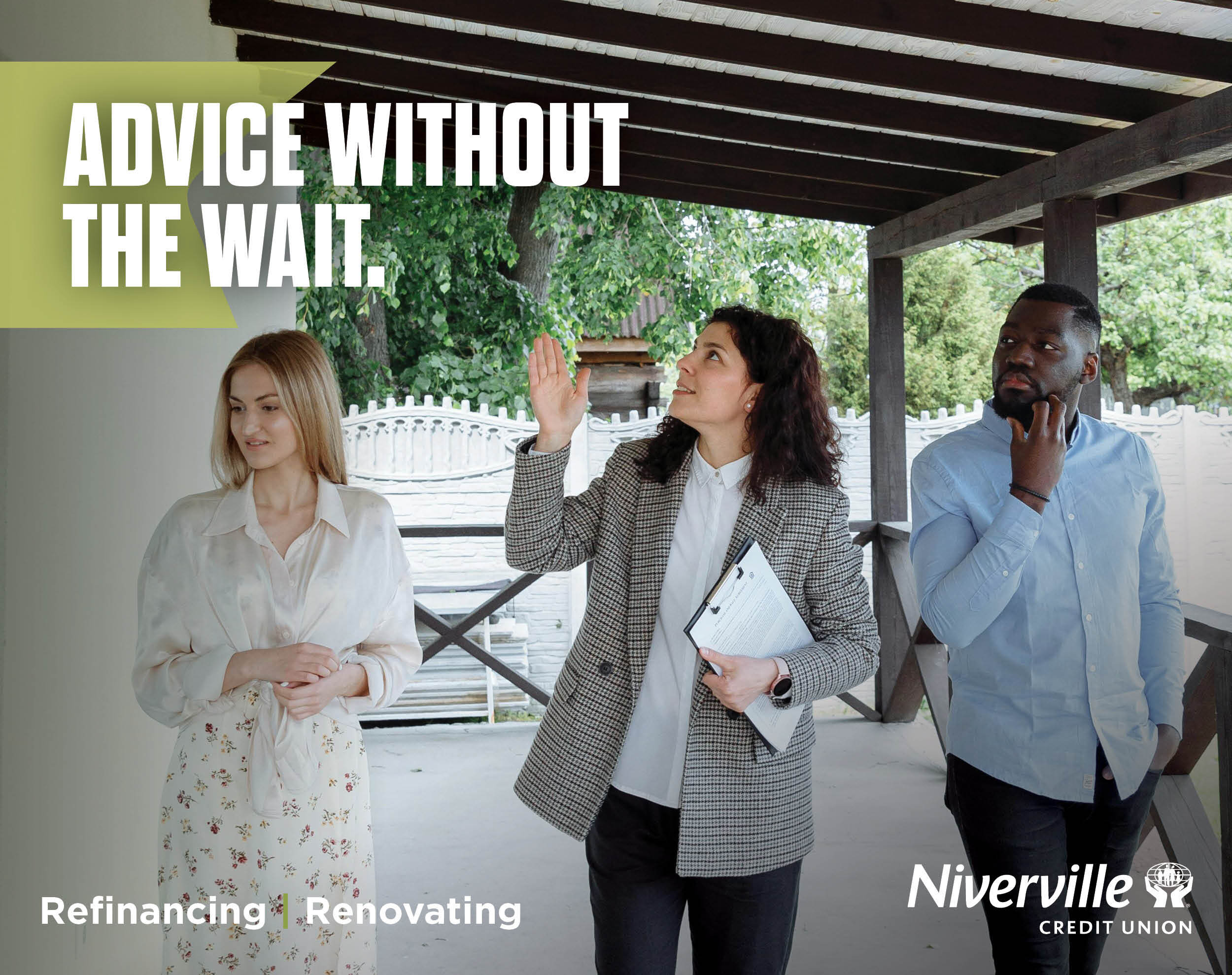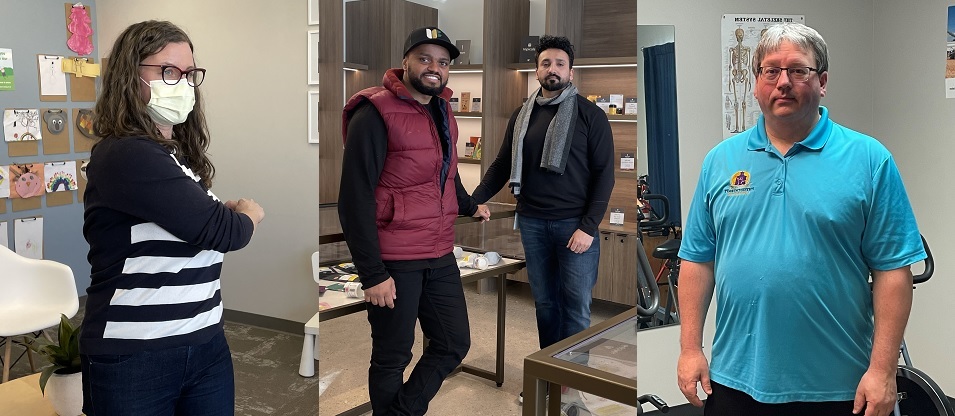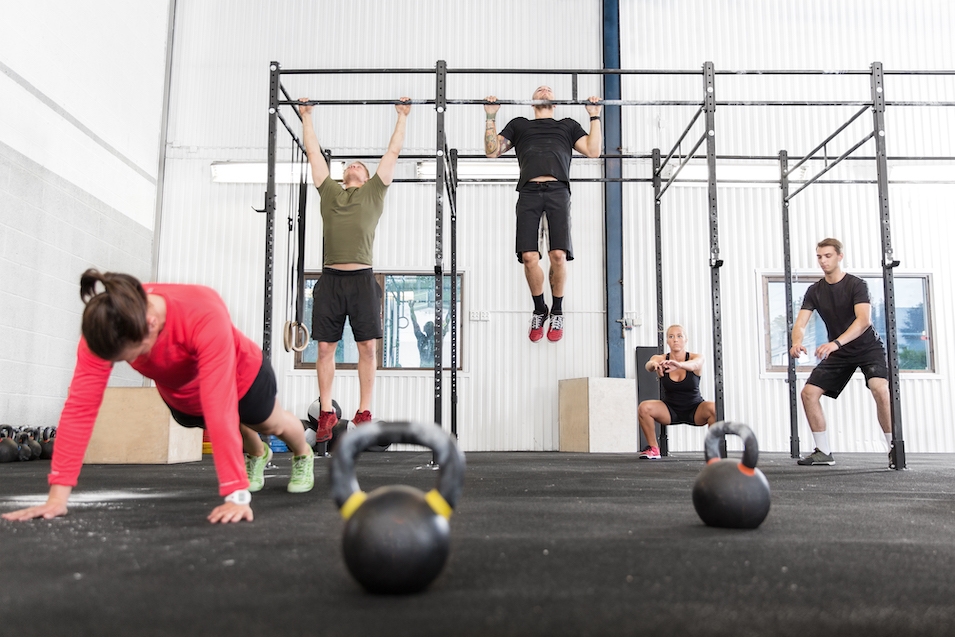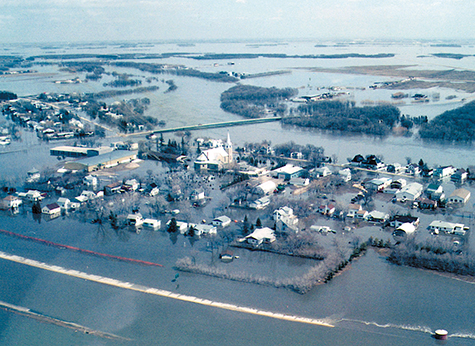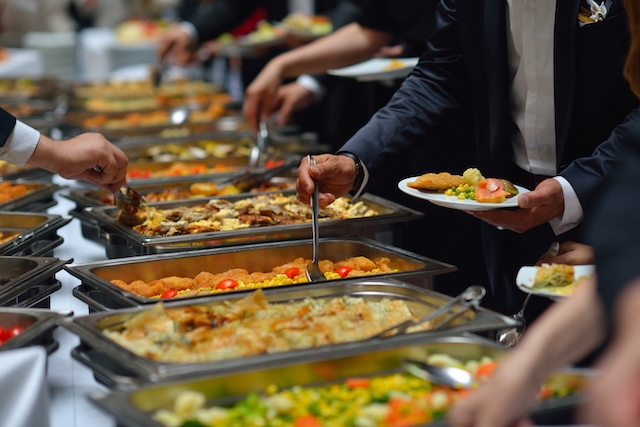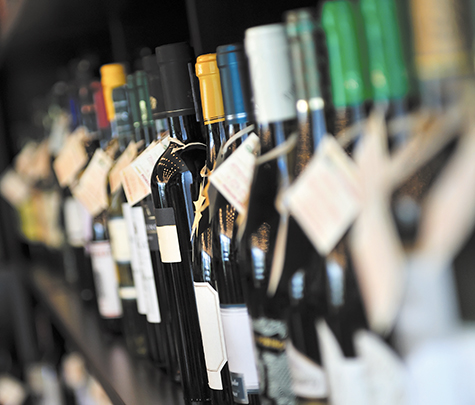Unlike the other aspects of your wedding, photography is the one thing you can’t hear, smell, taste, or see on the day of your big event—but it’s one of the only things that remains afterwards. Allowing someone else to have complete control over the quality and quantity of photos taken requires trust and confidence. The stress of choosing the right person can be eased with a few helpful tips.
Begin by doing some research. Look online for local photographers, checking their websites and Facebook pages for the styles that make them unique. Make sure to ask friends or other recently wedded couples for referrals.
Once you’ve decided on the look and feel that appeals to you, revisit your favourite sites and make a list. The photos in their portfolio should evoke positive emotions from you and your partner. Do your due diligence. Read through testimonials and reviews, making notes of the respective good and bad comments that might matter to you.
The next step is to meet the potential photographers in person if possible. This is extremely important because you’ll spend more time with your photographer on your wedding day than anyone else. You need to like them as well as their work.
Ask to see samples of other events at which they’ve done photoshoots. Look for samples taken at venues similar to yours. If your wedding is in a dark church, you’ll want to be sure your photographer is familiar with taking quality pictures in that type of setting. You will want to see a whole gallery or two, not just the portfolio shots since every photographer only puts their very best in the portfolio. This will show you how the photographer deals with difficult lighting, from dark venues to extreme midday sun. Get a feel for the photographer’s experience. Ask how they deal with rain, tight timeframes, or pushy guests. A true professional will have successfully dealt with them all.
Finally, and perhaps most importantly, be certain to inquire about the process they use to safeguard your special photos and prevent loss: the backup. Some photographers shoot on more than one memory card and double up on all of the photos within their camera. This is an excellent method of securing the safety of your photos since memory cards can be faulty, lost, or damaged. This will help ensure there is a secondary backup with all the same data. Better still are the photographers who back up their photos onto memory cards from the camera, then onto a computer, an external hard drive, and the cloud. Though that may be extreme, at least two of those systems should be used before they go to sleep on the night of your big day. Yours is a once-in-a-lifetime event that can’t be re-enacted in the event of photo loss.
Once you’ve chosen the photographer that feels right for you, relax, trust them to capture every special moment, and enjoy your day. The result should be lasting memories that pull at your heartstrings for years to come.



